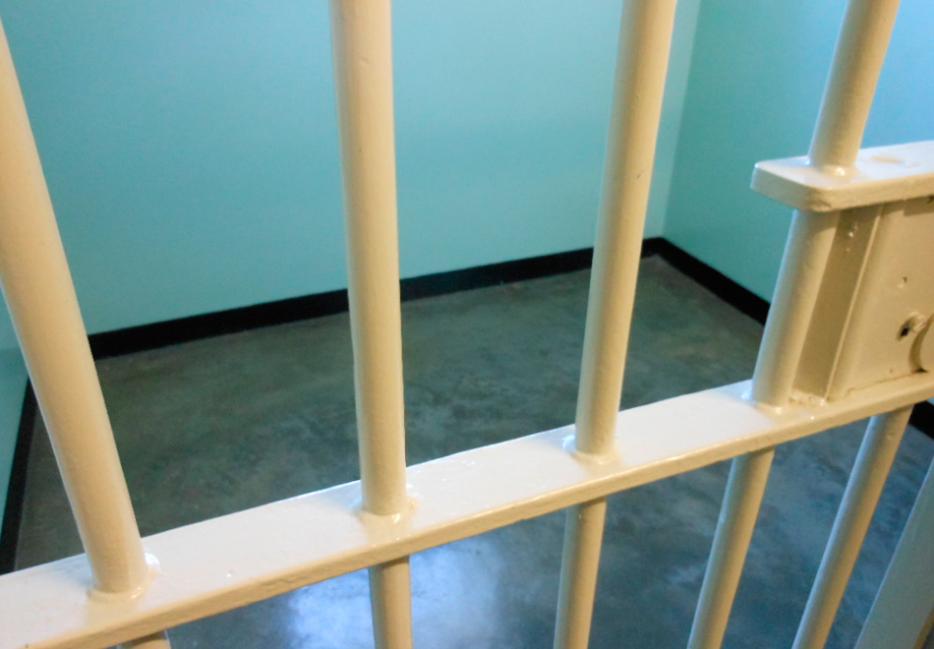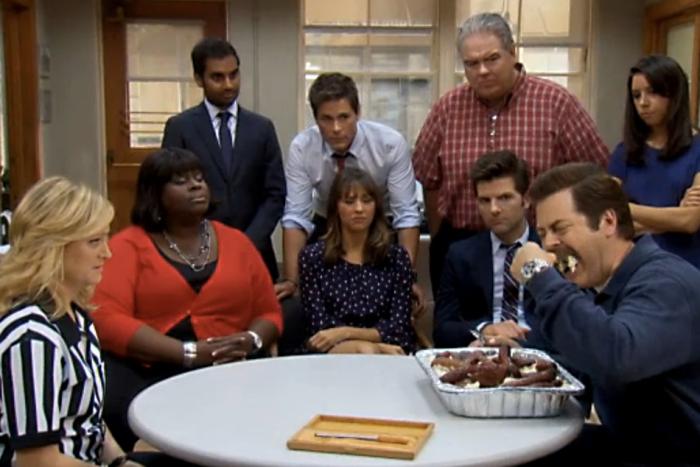I’ve tried to get the alphabet down here but it hasn’t been easy. There are a few characters I still don’t have a handle on. So when I look at this bottle in the cooler in a tiny corner store, I’m not sure what’s inside. There’s stuff I know is beer, in the same cooler, but there’s also some stuff I know isn’t. I buy the bottle because it’s got a polar bear on the label and an amusing pull-off cap. I walk outside, pull off the amusing cap, and take a swig. Yep, it’s beer.
It’s about 10 p.m. and well past dark, and I’m walking down a dark alleyway parallel to one of the town’s main streets, where they’ve hidden a few stores and restaurants. At the very moment I’m swallowing that first swig, I stroll past three policemen with comically large, upswooped police hats. The oldest one’s probably 23. They stop me, establish that I don’t speak either of the languages they try out on me, and one of them points at the bottle and crosses his arms into an X. They ask for my documents.
Oops.
Actually, oops comes later. What I’m thinking now is a lot closer to shit. These guys are young, and they’ve got big hats to live up to. They lead me down another dark alley, then up another. They confer and double back. This country doesn’t have a snow-white human rights record. There was a strike about 100 kilometres from here a couple of winters ago that they figured required police attention—resulting, by some accounts, in 45 deaths, all strikers. I read about it on a site that’s blocked here; I used Tor to get around it. It’s one of those president-for-life countries, apparently better than most other president-for-life countries, but still, it’s a president-for-life country. Presidents-for-life don’t mess around, and neither do their flying monkeys.
Because of the language difficulties, they haven’t been able to tell me where they’re taking me. One of them tries to joke with me, and laughs, but it’s too dark to see if he’s laughing with those dead eyes bad guys have when they laugh.
John Greyson’s a Facebook friend of mine. Not a real-life friend, so his arrest with Tarek Loubani in Egypt didn’t hit me where I live, but it struck the edges, at least. And they were doing nothing wrong. I, I’m guessing, probably did, because as these guys finally get me onto a main street—possibly deciding not to beat me up but to take me to their leaders so they can beat me up—I am remembering that this is a Muslim country, and that, in fact, it’s Eid al-Adha. which is a pretty big holiday—three days of celebrating Abraham telling God he’s perfectly happy to kill his son if that’s what He wants and, hey, is this knife big enough for You? Everyone’s been killing their sheep and horses and whatnot to eat for the big Eid feast tomorrow, so spirits are high—as are the dudgeons, and I’ve been swigging alcohol out in the open like I just didn’t care.
So I do what any man in peril in a possibly unfriendly state would do in similar circumstances: I tweet. They haven’t taken my phone away yet, but could at any moment, and if I’m going to disappear down some memory hole, I want as many people as I can manage to know where I am and what’s happening. “Being arrested by [redacted] police in [redacted], which I thought I’d mention in case it turns into a thing.” (I’m scrubbing the nationality of this tweet and this story because, as I write this a week later, I’m still in the country.) I try to keep it casual, not getting into too much detail because this is probably nothing, though it could be something, and I’m still kind of thinking shit.
Something I’ve always done since I started travelling quite a bit, and which I now realize is absolutely essential and not just wicked convenient (not to mention nice and cheap): pick up a local SIM card with a data plan. Rogers roams in lots of places, but not all of them, and they charge notoriously huge amounts of money. So, local SIM card: make sure you have those anywhere you go, especially some place where they wear comico-intimidatingly large police hats.
After about 20 minutes we get to a police station that’s really more of a police box. There’s a tiny cell, occupied by three young men. There are five more policemen. I still have my phone, which I’ve already used to get to the Canadian Embassy’s website, clicked on the “Emergency Services” link displayed helpfully on the front page, and sent them a note saying I’m being arrested. I got a robo-response within three minutes, and what seemed like a human one 17 minutes later asking if I’m OK and could I give any more details. But right now, I’m in the police box—I’m guessing it’s three and a half metres by four—with whoever’s going to be deciding what to do with me. One of them has just suggested, in fingers and words, that they may want to keep me for five days. So I take their picture, tweet it, and let them know I have. This was a gamble. I still don’t know if they’re reasonable or not. If they are, I may have just pissed them off and possibly prompted them to take my phone away. If they’re not, though, I may have just convinced them that whatever they’re about to do will now not be done anonymously. One seems angry, takes a step towards me, then changes his mind. No repercussions. Good. I think.
OK, electronic noise made. They still seem to be conferring on what the deal with me is going to be. I’ve tried all the I-didn’t-knows and sorrys I could come up with, but my only word of local at this point—I’ve only been in the country two days—is the one for thank you; not of much use at the moment.
So I phone someone I’d met earlier. I’d called ahead, said I was visiting, and met up with somebody from the tourism department of the government who showed me around a bit that day. He gave me his number. He said he’d come right over.
There were more recriminations. They had my passport. Calls were made. Papers were written on. And I continued to stand there, trying and mostly failing to remember not to cross my arms, which I’m told can be read as an aggressive stance. In the meantime, my phone buzzes as I get retweeted a couple dozen times. Good. I’ve still got my phone. If these guys were bad guys, I probably wouldn’t still have my phone.
This is about where I get to oops—when I realize, despite my best efforts, how I’ve been standing. My shoulders loosen a little, my arms uncross naturally, and I notice a few smiles around the place. It’s a well-lit police box; I can see their eyes, and they’re not dead. This country may have its problems, but even with their big hats, it dawns on me that the police have, at no point, used any sort of physical intimidation—unlike Toronto cops, who regularly do. Not a single chest was puffed. They threatened me with five days, but for all I know, that may be the actual penalty for doing what I did. Increasingly, this is feeling like a normal sort of arrest in a normal sort of lawed and ordered country, the kind of arrest that’s a pain, sure, but not necessarily life-altering.
Another 15 minutes and my friend shows up, talks some foreign to everyone else, looks serious, looks at me like I’m an idiot and don’t I know about Muslims and alcohol and Abraham and Isaac and just, dude, really? He writes them a note taking responsibility for my future actions in that city, which was awfully nice of him, and I get my passport back. A sergeant-type tells me, using my friend as an interpreter, to erase the picture I took. I erase it. And then the friend drives me back to my hotel, which was also nice of him. About 90 minutes has passed since I bought the polar bear bottle. I sit on my bed for about 45 minutes more in a combined state of relief and huff, and remind myself as I fall asleep not to drink outdoors in religious states anymore, or pee outdoors anywhere, or watch porn, or pack codeine. And I should probably Google “countries that take jay-walking really seriously,” too. And I think, if I’m going to get myself into trouble in a country like this without even trying, I probably shouldn’t go to Egypt any time soon.
John, Tarek, glad you made it back, guys. I can only imagine.





